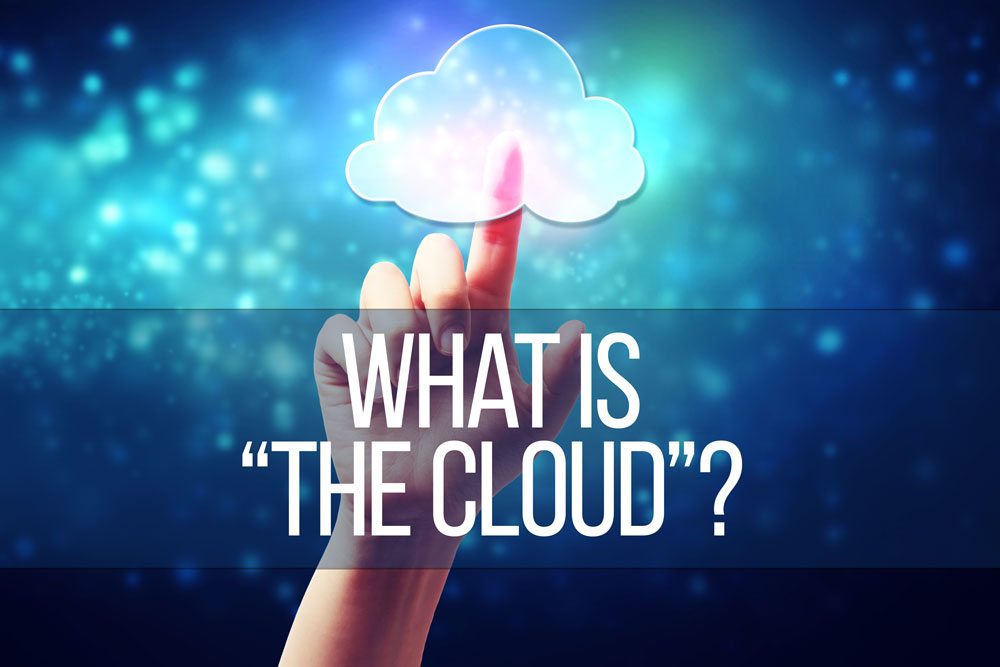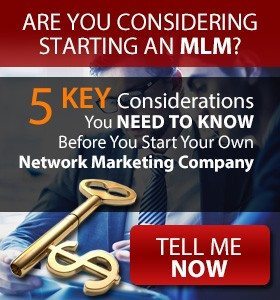
The Cloud is Made of Many Remote Pieces
Cloud-Computing is a relatively new buzz-word and it seems like everyone wants in on the action. But what is the cloud?
Many people still have no more than a vague notion of what it is and what it does for whom.
Let’s start with a credible source for a definition. Mashable, in an article titled “The Beginners Guide to the Cloud” says “the cloud is a network of servers. Some servers run applications, others are responsible for storing data”.
When you snap a picture with your smartphone, the image is stored in your phone’s memory. When you upload the image to Instagram or Facebook, you are uploading it to the cloud because these social media platforms utilize cloud computing for its services.
There are cloud servers, and there are cloud providers.
Cloud servers form a network of computers and associated data storage devices, cable networks, and phone lines, all connected into a global network. You can’t help noticing that this is exactly how the Internet is built. The cloud is an integral part of the world-wide web we call the Internet.
Cloud suppliers offer a computing platform and data storage as an alternative to in-house Data Centers run and managed by the organization that owns the center.
Cloud computing offered by cloud providers involve unique services like:
- Platform as a Service (Paas)
- Software as a Service (Saas)
- Infrastructure as a Service (IaaS)
“The cloud” is a concept that grew from what we knew as “web hosting”. Companies hosted their own computing network in-house and employed dedicated staff to manage their Data Center.
Many MLM software suppliers still employ this business model with a collection of computers located in their office, connected by one or two telephone providers and powered by one single electrical grid managed by one utility service provider. There are obvious disadvantages with this model:
- The network is vulnerable to breakdowns in the telephone or power grid.
- There is limited scalability. Peak traffic caused in response to an advertising campaign can bring the system to its knees.
- Redundancies, backup facilities, and response time to customer website downtime can be lengthy.
The pros and cons of the cloud
Cloud computing is set for solid growth because the pros outweigh the cons that have plagued the industry for many years.
The Pros
The major pros include:
- Financial benefits
- Flexibility
- Expertise
In-house hosting involves large expenses in computing equipment and dedicated staff. This gets reflected in the company accounts because equipment must be depreciated over time. There is a distinct advantage in paying a cloud provider a subscription fee and only paying for what you need.
Flexibility is another major advantage. An in-house Data Center is likely to have fixed resources. Not so with the cloud. A company can scale their computing requirements by ordering additional resources from their supplier. This becomes useful when running campaigns that will produce peaks in traffic volume.
There is also a growing realization the cloud providers have superior expertise in security issues and data management.
Cons
The last decade was characterized by IT professionals voicing concerns and often refusing to migrate to the cloud for data storage and application processing. It was not so much a concern about lack of security; it was more a concern about lack of control.
CIOs were reluctant to delegate the control for their major area of responsibility – the corporate data and its security, particularly sensitive financial data and client data.
This mindset is gradually subsiding with the realization among CIOs that cloud suppliers offer a higher degree of expertise and better resources for handling data security and data management at lower, more reasonable costs.
Do You Know What It Takes to Launch Your Own MLM? Click Here to Discover the Secrets to Launching Your Very Own Network Marketing Marketing Company From Concept to Launch in JUST 10 Steps in 10 Days !!
More Resources For You:
Are you considering starting an MLM? Try a FREE 5 Day Demo of the Best MLM Software right here
Is Your MLM Software Company providing the LATEST in Privacy and Security?
Did This Help You? If so, I would greatly appreciate it if you commented below and shared on your favorite social media.

Robert Proctor's Blog
- Skype: multisoftrob
- Email: [email protected]
- Facebook: Facebook.com/robertmultisoft
- Office: +1-239-945-6433
- Mobile: +1-239-839-4904





